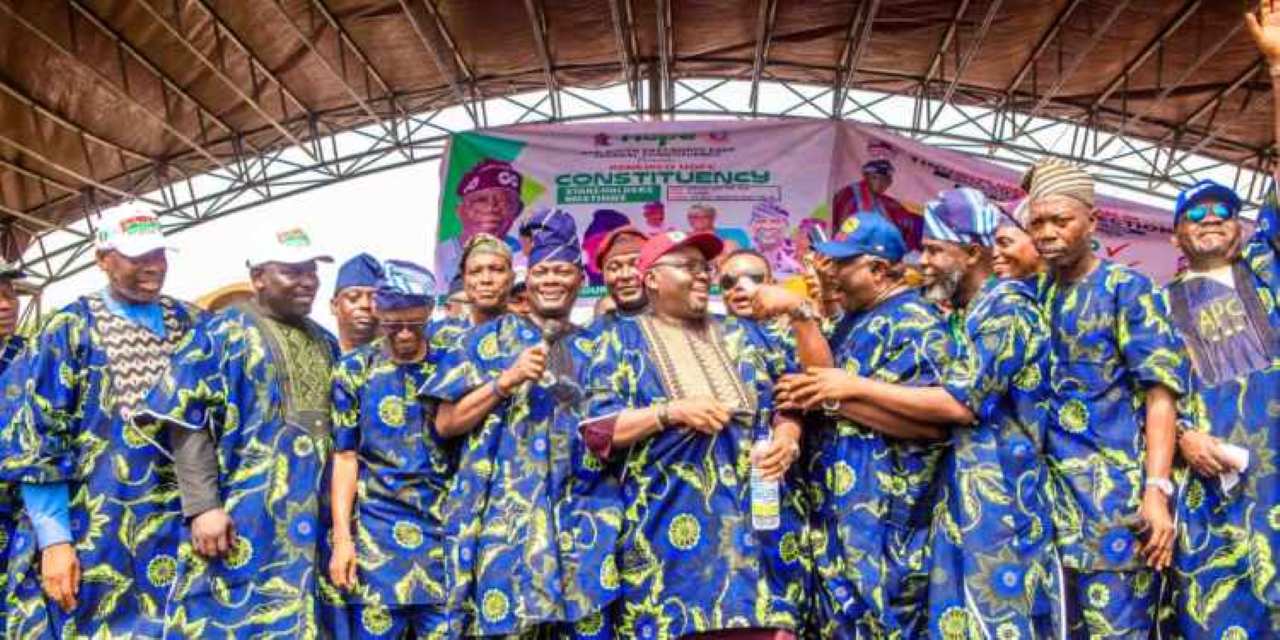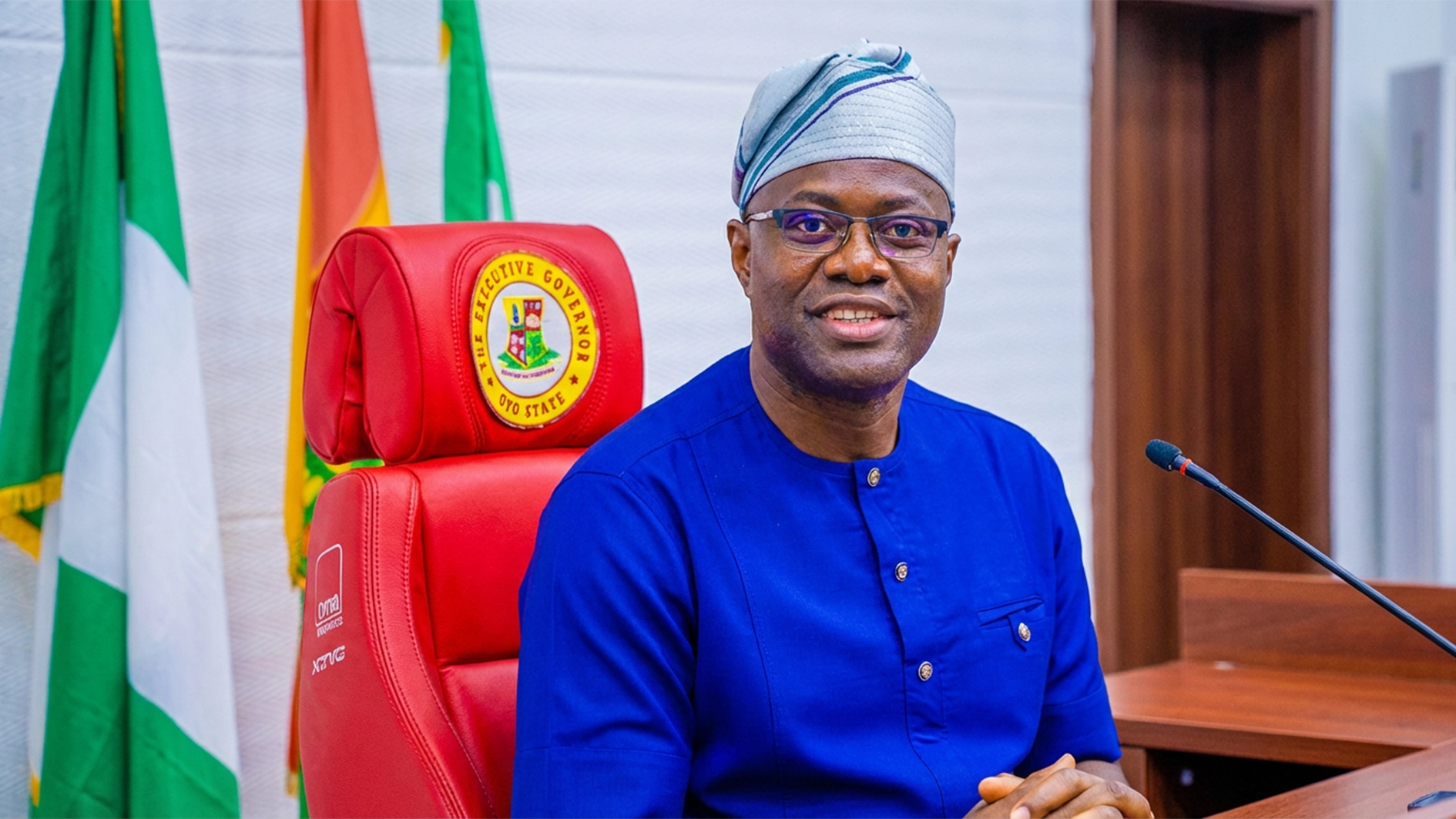
As Nigeria inches towards marking 31 years after the annulment of June 12 Presidential elections which led massive resistance that ended military rule on May 29, 1999, ADEWALE ADEOYE reflects on the unwritten heroes whose underground efforts led to the exit of military rule.
This week, May 29 will be 25 years after Nigeria began democratic rule in 1999. The country also moves towards the 31st Anniversary of the struggle against the June 12, 1993 election annulment, one story that has hardly been told is the salient contributions of workers at the Nigerian Security Printing and Minting Corporation (NSPMC) to the bitter struggle of military exit. It is a story that should shut the lips of little experienced people calling for military rule.
That history can never be the full account of history itself, is a truism. There are many stories about the struggle against military rule that have not been told. Some may never be told or have only been relayed by half. The story of the over 3,400 sacked workers at the NSPMC and their contributions to the exit of military tyranny is one of such. Though many of the actors have died, a few of them alive have hardly spoken on their heroic exploits in one of Nigeria’s most deadly battles against entrenched principalities and powers. The workers were sacked after the military tagged them ‘agents of opposition.’ The workers sought revenge in an underground movement that shook the bedrock of the country.
As I sat down with Zikirullahi Ibrahim, the arrowhead of the NSPMC workers, and his family in their house for dinner in the ancient city of Kano recently, I could see the memory of the thorny risks he took, the nostalgia of battle etched in the pristine of his eyeballs. The wrinkles on his eyebrows reminded me of how life remains in a state of flux. Ibrahim could have been killed. It is mystery he survived hundreds of undercover agents detailed to either kill or kidnap him in the midst of the whirlwind of resistance against the military.
It was a story of life and death, courage and betrayal, blood and tears. The NSPMC is a strategic firm where Nigerian currency and the most sensitive national documents were printed. The NSPMC related with the Central Bank of Nigeria, (CBN). It supplied raw cash for military overt and covert operations. There were unconfirmed reports that some of its skilled officials created a small ‘tactical unit’ where fake dollars were printed for espionage and counter-espionage under the late General Abacha.
At NPMC, it was against the rule for the workers to unionise and there was oath of secrecy for every staff. In 1991, in the heat of anti-military protests, almost 1000 workers of NSPMC were sacked in the great purge. Truly, the workers, in the face of corruption and exploitation had demanded for a union to fight a lot of unprofessional activities like military top brass who storm the firm regularly for raw cash. The workers felt a union would best protect professional ethics. Some of them also claimed they were sacked as part of efforts to flush out people from Southern Nigeria.
After the sack, and in 1993, after the annulment of June 12 elections, the management launched a wave of intensified human rights violations at NPMC. At this time, the military had become paranoid of every little resistance in the face of bomb blasts across the country. At NSPMC, women and men were stripped naked under the guise of searching for possible missing newly printed cash and for ‘national security.’ An eight-month pregnant woman was searched to her undies even as she wept profusely, witnesses said.
Another young pregnant woman was said to have been stripped naked and down to her pants. Other security men watched the ignominy from carefully concealed camera. While searching the men, their torsos were measured and mocked. While this was on-going, top government officials visited the company to collect newly printed money in sacks of bags. Those who raised eyebrows were arrested and detained, traced to their homes and even faced death.
Ibrahim was deeply touched by the brutality and the bourgeoning corruption, the arbitrary allocation of raw prints on orders from above and the outright stealing of cash by highly placed individuals. One other atrocious development was the conscious sabotage of the company by vested interests that wanted Nigeria to stop printing Naira at home but to print abroad in order for them to profit from the deal. The trauma became unbearable. This forced a small cell led by young barely 29-year-old Zikirullahi Ibrahim to organise a cell of resistance.
There were no phones at that time, so the cell developed codes for communication and for meeting places. It organised lectures on the art of mobilisation and also taught members on how to evade arrests. The group would print sensitive pamphlets and distribute very early in the morning calling for resistance. They would dump the pamphlets in strategic places where workers would see them.
Within a short time, the workers had been fed with opium of resistance, in their veins, in their arteries and in their blood. The workers’ rebellion began when they came together insisting that none of them would be dehumanised again. They resorted to sit-in protest to the shock of the NSPMC management who by convention does not tolerate protests.
Former dictator, Sanni Abacha was said to have developed personal interest in the ‘young mutineers’ trying to ‘overthrow the system.’ In 1995, the NSPMC took a more brutal step by announcing on radio the sack of another batch of 2,450 workers. No prior notice except that the affected would get to the office to receive a note: Members of the National Democratic Coalition (NADECO) not allowed at NSPMC. The secret service launched a manhunt for the ring leader after a lot of eavesdropping and tapping of conversations that revealed that a young man, Zikirullahi Abdullahi was the ring leader and the engine room of the rebellion. Abacha was said to have been shocked to discover that Zikirullahi popularly known as Zik, though from Edo State, was also a ‘Kano boy’ like himself, having lived in Kano and had worked at a Ceramic factory in the ancient city. Zik was an ‘ordinary’ junior worker, young, emaciated and green.Zik who had a poor, but modest background joined the NSPMC as a currency examiner, a delicate job that entailed stopping any attempt to steal raw newly printed cash and also protecting sensitive features of the Naira from adulteration and the security trademark from being stolen. Following the industrial dispute fuelled by brazen rights violations, the company erupted in a face-off with the management. Ibrahim led the workers to protest, the first time in the company’s history.
The first thing the military did was to send emissaries to him to name his price. He was also promised promotion and studies abroad to renounce his leadership of the workers. Entreaties met stone wall. Through coordinated effort, his residence was located by the secret service. The military mounted sentre at his Ojuelegba rented apartment having failed to kidnap him during the protest. For Zik, It became difficult to visit home. He became a refugee with information that a bounty had been placed on his head by the Directorate of Military Intelligence, DMI led by the dreaded Col. Frank Omenka. With the absence of a home, Zik resulted to holding nocturnal meetings to motivate and organise the workers against one of Africa’s most wicked dictators. Zik then sought alliance with the underground leaders of the radical movement in Nigeria. He met the iconic Chima Ubani and Dr Beko Ransom Kuti who introduced him to the Campaign for Democracy, (CD) and Civil Liberties Organisation, (CLO) the rights group. Zik dragged NSPMC to court. The over 3000 workers saw Zik as their hero.The workers and their families became the underground emissaries for the resistance against Abacha, setting up bonfires and mobilising people for mass rallies across the country. In Kano, Port Harcourt, Ibadan, Sokoto,the members set up cells that coordinated anti-military campaigns. Abdul Salami, one of his colleagues said the workers admired his power of oratory, his dedication, his honesty that drew the workers to him, the way honey draw bees. Zik led the workers to court under the military, which was an aberration.
He pursued the court case as a refugee, going from one court to the other in disguise. He said he realised that the plight of the workers was linked to the exit of military rule and that good governance would not be achieved unless the military left the stage. This encouraged the sacked workers to enlist in the growing revolutionary fervent against the military. This hardened the position of the authorities to eliminate him. On several occasions, undercover agents raided his house. Sometimes they would plant agents posing as food vendors, artisans and even tenants enlisted to track his movement or to ensure he was shot. His deft and meticulous life style, almost nil social life, plus the monumental goodwill he enjoyed in the neighbourhood insulated him from the vicious claws of despots and their desperate agents.
Some of the workers participated in the covert training by officials of African National Congress, (ANC) on tactics of mass mobilisation held in Ghana in 1997 which this reporter also attended, going by road without papers to avoid the Nigerian secret service.
The workers mobilised for the 5-million anti-military rally held in Lagos on March 3, 1998, mobilisation against April 25, 1998 National Assembly elections aimed at extending Abacha’s rule and the May 1, 1998 rallies across the country. No fewer than 200 members of the workers were killed during the national protests. In the midst of the resistance, wife of MKO Abiola was murdered in broad day light. Pa Alfred Rewane was also murdered in his house.One Professor Agboluaje was kidnapped and never found. Alhaja Suliat Adedeji was also killed in her house at Ibadan. A note was left in Zik’s home: ‘We shall come after you. It will soon be your turn.’
While the military sought him, the radical movement celebrated the value he added. Even though he has only School Certificate, he became the Deputy Secretary General and Project Coordinator of the United Action for Democracy, (UAD). He said going for further studies was motivated by the saying of Prophet Mohammed’s Commentary “the ink of a scholar is holier than the blood of a martyr”. Within a short time, his reputation as a worker that stood against tyranny echoed across the world, a reward for perseverance and honesty. Zik was offered opportunity to study Advanced Diploma course in Business English at the Business Training Institute, England. He later got a scholarship grant from Konrad Adenaur Stiftung, a German International Development Foundation for a master degree in Mass Communication from the University of Leicester, United Kingdom where he graduated with Masters of Arts (By Research).
He was soon elected chairman, Transition Monitoring Group, (TMG). Today, he is the Executive Director and Board Secretary, Resource Centre for Human Rights and Civic Education. The evil men are not yet defeated. In 2015, as the TMG Chairman, Zik said he was offered a bribe of N2b to be distributed among various civil society groups in Nigeria. He said he vehemently rejected the offer. ZIk initiated the petition against the former Chief Justice of Nigeria Walter Nkanu Onnogbem which led to investigation of asset declaration by the Code of Conduct Bureau, the basis of which the National Judicial Council launched the probe led to removal of former CJ. Zik has been honoured in many countries in Nigeria. He now holds a Phd said he would soon come out with a detailed account of the ‘deadly risks’ the over 3000 workers took to save Nigeria from military despotism. Unfortunately, hundreds of the workers are dead and may never be celebrated by Nigeria that they gave so much of their lives.






